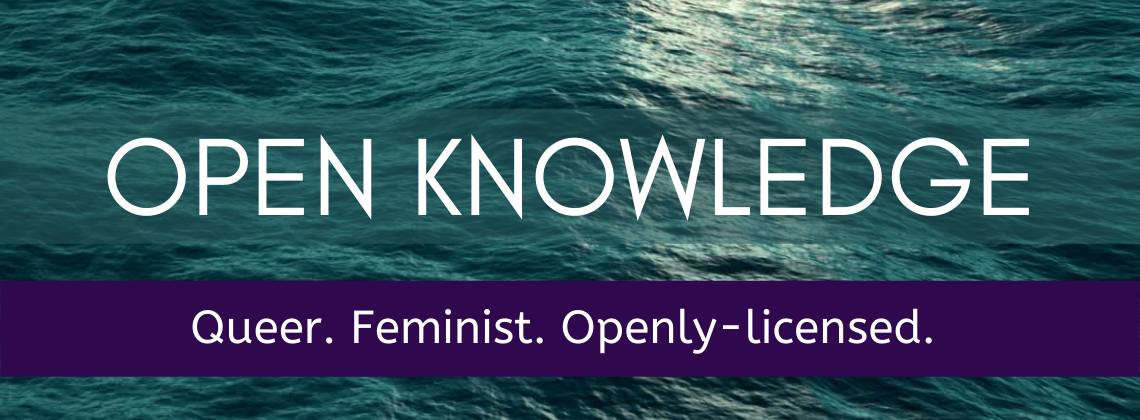1. My key texts and my theoretical framework(s) are: I take influence from Matt Brim’s Poor Queer Studies, in which the College of Staten Island is used as a case study for his analysis of the ways queer studies is both learned and taught in a school with far fewer resources than other schools. I also plan to leverage scholarly articles that talk about elitism in journalism and what that does to coverage and how it influences public perception. Specifically, I’ll examine articles like Philip Meyer’s project on elitism and newspaper believability, published in 1973. This article will be used as a comparison point to illustrate how much — or how little — has changed. Other articles I plan to use are: 1) Imagined Communities: Reflections on the Origin and Spread of Nationalism, Metajournalistic Discourse and the Meanings of Journalism, Media Ethics: Cases and Moral Reasoning, etc. These are communication theories that explain the connection between power, journalism, and democracy. I also plan to ground my analyses in several journalistic articles, derived from various news outlets. I see Poor Queer Studies as a unique channel through we can differentiate between the offerings of higher education nationwide, and how those offerings shape the way we think and go about ourselves in relation to the broader world. Incorporating scholarly articles on elitism in journalism will help me make the case for why this is a worthwhile path of pursuit. And in combining all these texts and my analyses of the journalistic articles, I hope to chart a new way about considering elitism in journalism that’s tied heavily to identity and background. I hope to make connections between these various works that substantiate my position as a researcher, bolster the analyses I’m making, and facilitate new discussion of what role a journalist has or can have in this day and age.
2. My position as a researcher is (past work, subjectivity, etc.): I was and still am a product of New York City’s public school system. I attended public school since kindergarten, and have been part of and shaped the CUNY community for nearly a decade. I am still part of CUNY, as a student, a mentor, a guest lecturer, an alumni association board member, and as a volunteer. At the same time, I’m a journalist who’s worked across some of biggest and most read newsrooms the country, like Insider, CNBC, BuzzFeed News, CNN, New York Magazine, etc. And finally, I’m an immigrant with a Russian mother and an Iranian father. My mom is a housekeeper and my dad is a barber. I come to this project with the perspective of somebody whose family struggled to pay rent but was still considered middle class because we met a specific threshold, who had to attend CUNY for undergrad because it was the free option. Today in the newsroom, I’m surrounded by people who attended Ivy League and well-funded universities. In newsrooms of hundreds of reporters and editors, I’m usually one of the only people with a background situated in public school, the immigrant lifestyle, and a low-middle-class upbringing. It is this very background that helps guide my values and sense of newsworthiness; this background does not separate itself from me when I’m in the newsroom. What matters to me and my family — and people who come from similar backgrounds — might not matter to people without that kind of familiarity.
3. This project matters to me and may matter to some others because: Knowledge is power. News is the way people get their information about what’s going on around them and in the world. News is how people make sense of the day. It shapes how people think about themselves, interact with others, and make decisions. It’s also about accountability. Who’s looking out for people who don’t have ample resources and opportunities? If the news does not reflect people who don’t come from “elite” backgrounds, then what good is it? News coverage in the United States needs to be as wide and varied as the public, or it falls significantly short of its purpose and leaves millions of people in the dark and at an even greater disadvantage, resulting in a prolongation of inequity and injustice.
4. My research question is: What’s gained (and lost) in news coverage when reporters and editors come from comparatively modest backgrounds, and what does this mean for newsrooms and the impact they have on their audience?


